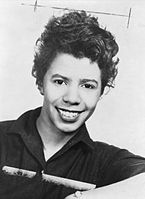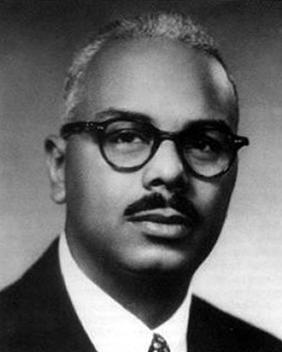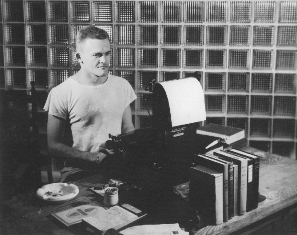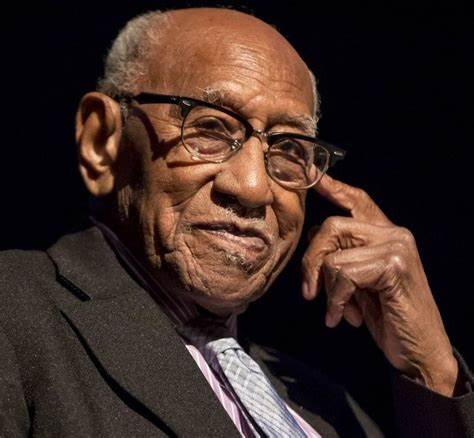
Timuel D. Black Jr.
Born: December 7, 1918 in Birmingham, Alabama
Died: October 13, 2021 in Chicago, Illinois Pen Name: None Connection to Illinois: Black was raised in Chicago and called it home for the rest of his life. Biography: Timuel D. Black was an educator, writer, lecturer, decorated military veteran, archivist and the city's unofficial chief historian who chronicled Black life. He was the foremost authority on the Great Migration and a nationally respected political activist and community leader. Black received numerous honors and awards, including the ACLU's Civil Libertarian of the Year and the City of Chicago's inaugural Champion of Freedom medal.
Awards:
- Bridges of Memory Paul Cornell Award, The Hyde Park Historical Society, 2007
- Bridges of Memory Volume 2 Courageous Voices Award, Jewish Council on Urban Affairs, 2006
Web: http://harshsociety.org/timuel-d-black-fellowship
Web: https://chicago.suntimes.com/2021/10/13/20827314/timuel-black-historian-civil-rights-activist-author-obituary
Wikipedia: https://en.wikipedia.org/wiki/Timuel_Black
Selected Titles
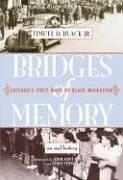 |
Bridges of Memory : Chicago's First Wave of Black Migration ISBN: 0810123150 OCLC: 52166079 Northwestern University Press, Evanston, Ill. : ©2003. Provides oral histories based on interviews with 36 black Chicagoans who were affected by the great migration of southern blacks to the North during World War II. Reveals the history of Bronzeville, Chicago's black South Side community. Captures memories of the children, the adversities they faced and their strategies to overcome and hardships they endured in Chicago. |
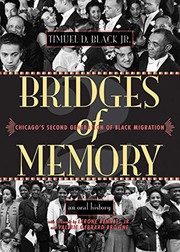 |
Bridges of Memory Volume 2: Chicago's Second Generation of Black Migration ISBN: 0810151944 OCLC: 70483362 In the second volume of Bridges of Memory, historian Timuel D. Black Jr. continues his conversations with African-Americans who migrated to Chicago from the South in search of economic, social, and cultural opportunities. With his trademark gift for interviewing, Black-himself the son of first-generation migrants to Chicago-guides these individual discussions with ease, resulting in first-person narratives that are informative and entertaining.Picking up where the first book left off, volume 2 introduces the reader to more members of the first wave of migration and also members of the second generation, the children of those who came in the first wave. In telling their stories, the interviewees paint a vivid picture of the thriving and tight-knit Chicago community formerly known as the Black Belt—today's historic Bronzeville neighborhood. They bring to life the role of family, religion, business, music, and, most of all, the hopes, dreams, and perseverance that enabled a group of people to establish a successful community within a larger society that seemed determined to keep them from success. The experiences of these diverse and vivid personalities often illustrate the role that racial prejudice has played in shaping the specific arcs of their lives. But personal histories such as these are not just chronicles of frustration and despair; more important these narratives reveal an unwavering dedication to breaking the color line and a tireless pursuit of their right to the promise of America. |
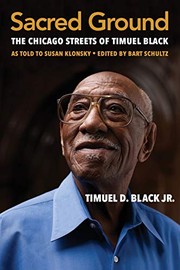 |
Sacred Ground: The Chicago Streets of Timuel Black ISBN: 0810139243 OCLC: 1050143719 Northwestern University Press 2019 Sacred Ground opens in 1919, during the summer of the Chicago race riot, when infant Black and his family arrive in Chicago from Birmingham, Alabama, as part of the first Great Migration. He recounts in vivid detail his childhood and education in the Black Metropolis of Bronzeville and South Side neighborhoods that make up his |


